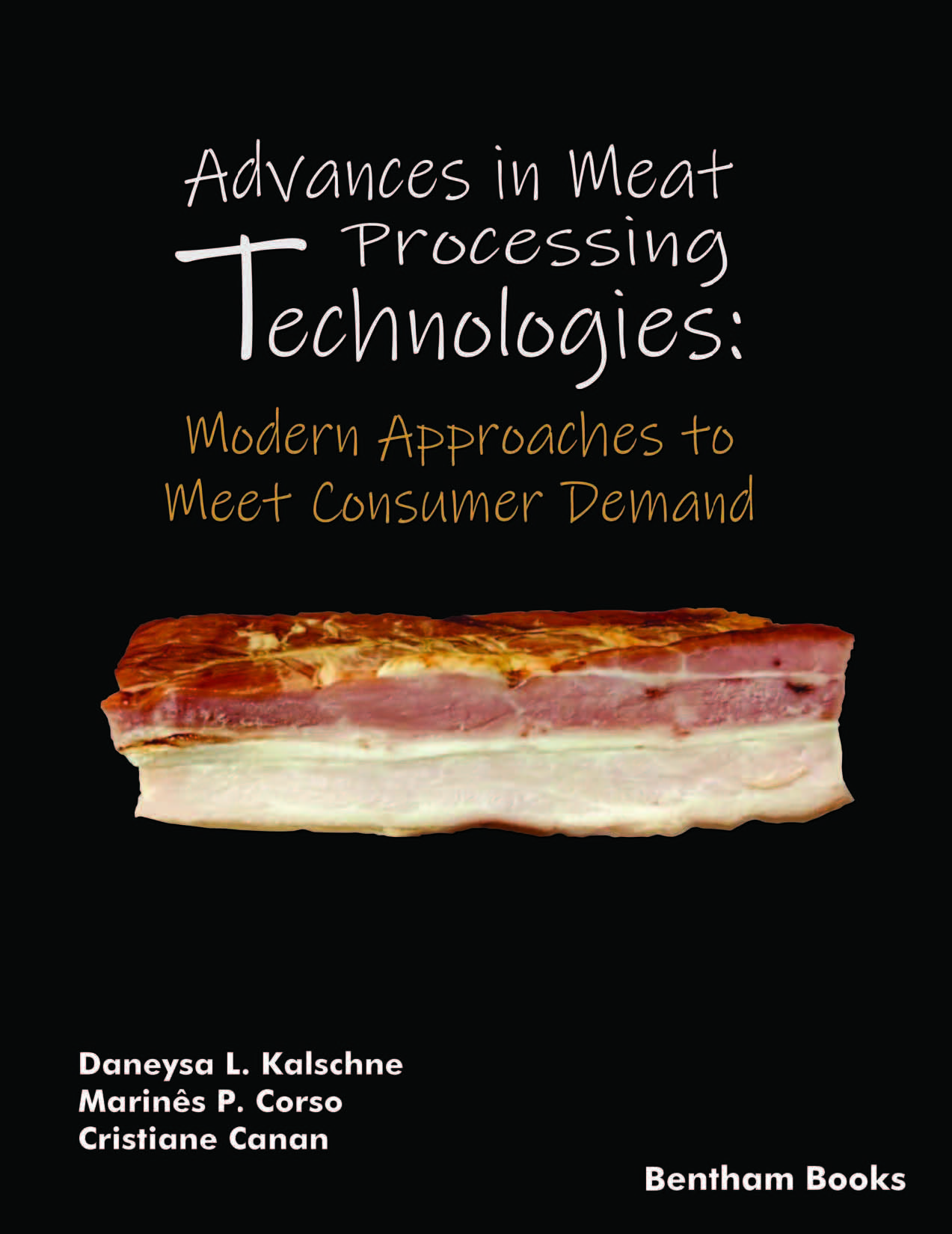Introduction
Meat and meat-based products play an important role as foods in the diets of people around the world. However, environmental and social issues have posed a challenge to meat production processing plants, with the advent of more consumer conscious production values across the food processing industry and a changing attitude among some communities towards the consumption of products from animal origin.
The development of meat science and technology has brought solutions that allow the consumption of meat in a greater proportion from the source. Traditional processes such as salting, smoking, and fermentation have been refined, and, more recently, processes such as emulsification, marinating, and tenderizing of meat, have further diversified meat products. Meat processing technology is also required to meet consumer expectations and demands for nutritious and safe food. Consumer requirements have pushed for need for adaptation and modernization of slaughterhouses, as well as the use of more suitable processing technologies for saving water, energy, and reducing waste production, all while trying to provide a high level of nutritional, sensory, and food-safety for consumers.
Advances in Meat Processing Technologies
aims to inform students, researchers, lecturers and others who are interested in the subject, about new meat and meat-based product processing technologies. The handbook covers a variety of meat processing technologies including dry fermentation, meat emulsification, curing, marinating, restructuring and processing of non-emulsified meat and meat analogues. Additional chapters cover the use of additives and ultrasound technology in meat processing as well as different strategies suitable for meat processing operations. The simple, topical presentation of the book, which covers a wide variety of products makes the book a key reference for informing students, researchers, lecturers, professionals and general readers who are interested in the subject of meat processing technology.

